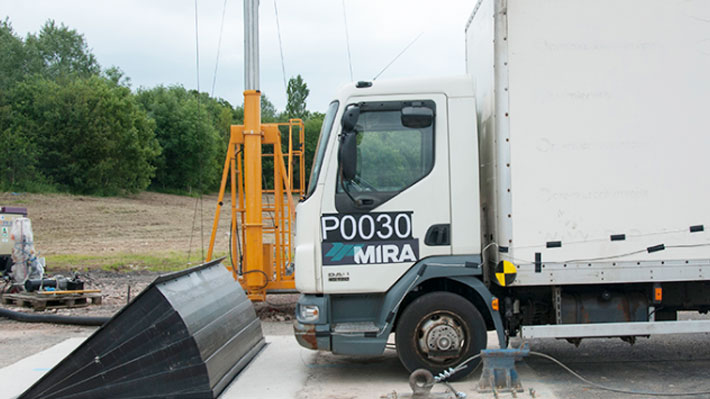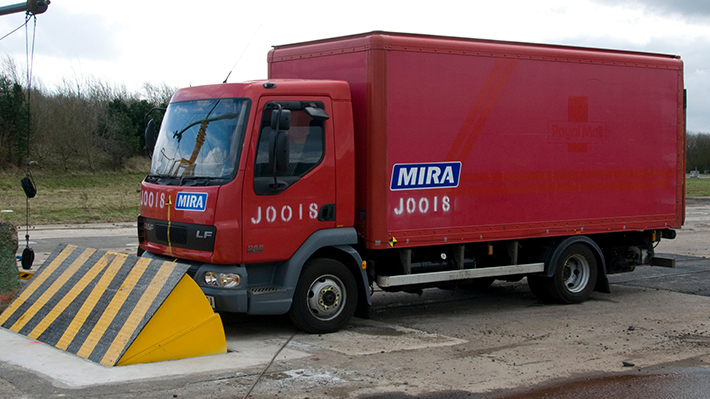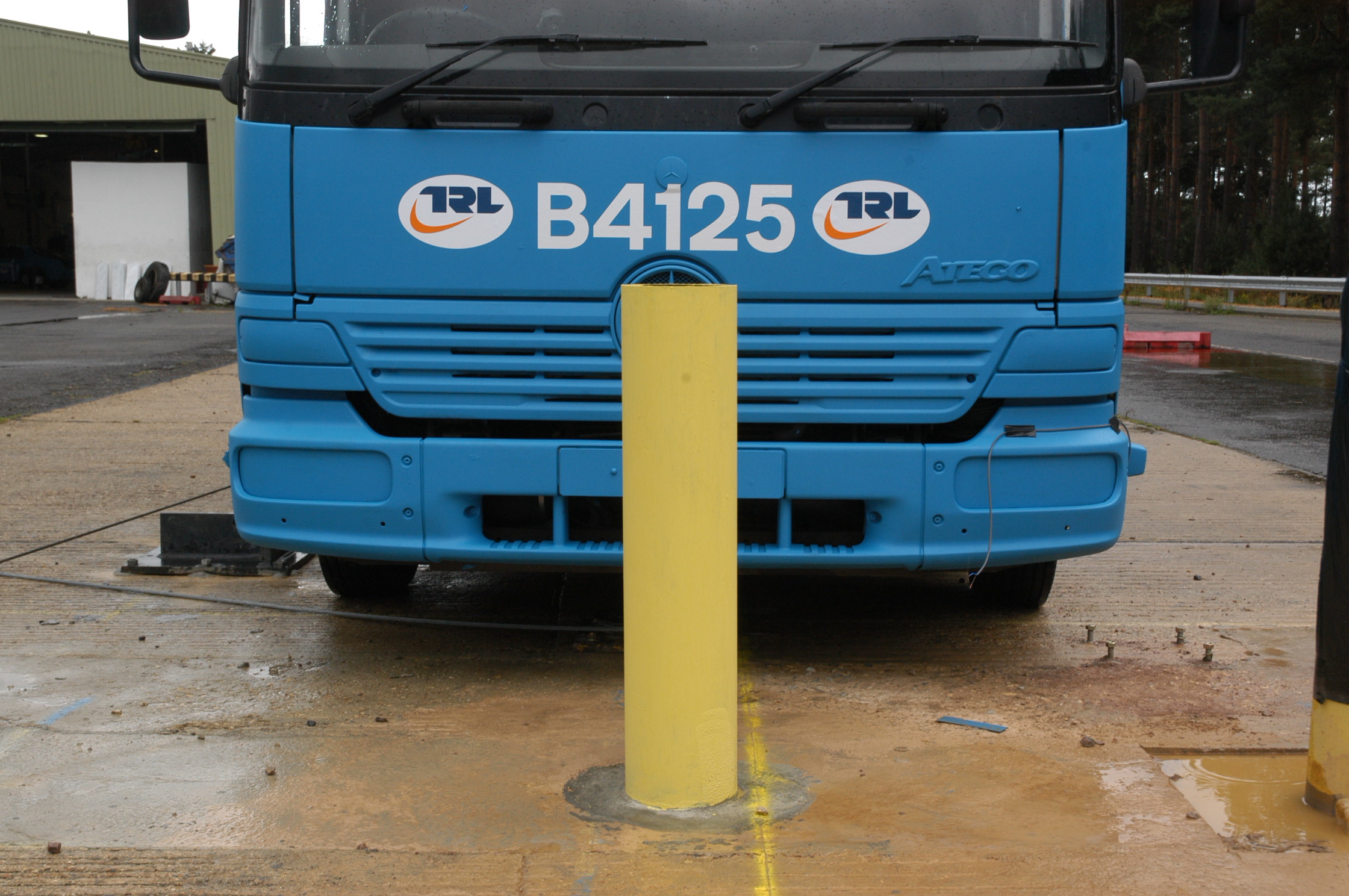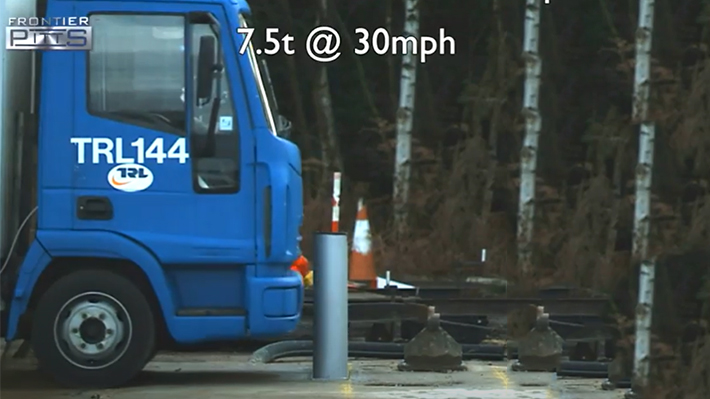
How PAS 68 Ratings Enhance Vehicle Barriers
How PAS 68 Ratings Enhance Vehicle Barriers
In today’s world, security is paramount. This is especially true when it comes to protecting against vehicle-based threats.
One key tool in this fight is the PAS 68 rating. This is a globally recognized standard for vehicle security barriers.
But what does this rating mean? And why is it so important?
In essence, the PAS 68 rating measures a barrier’s ability to stop a vehicle of a certain weight at a specific speed. This makes it a critical consideration for anyone involved in the procurement or installation of security barriers.
In this article, we will delve into the world of PAS 68 ratings. We will explore how they enhance vehicle barriers such as bollards, barrier gates, and security gates.
So, whether you’re a security professional, an urban planner, or simply interested in enhancing your security infrastructure, read on. This article is for you.
Understanding PAS 68 Ratings
PAS 68 is a Publicly Available Specification. It was developed in the UK and has since gained global recognition. This standard serves as a benchmark for assessing vehicle security barriers.
The primary aim of PAS 68 is to provide a reliable measure of a barrier’s ability to withstand vehicular impacts. This makes it easier for professionals to select the right barriers for their sites. The rating not only covers permanent barriers but also temporary solutions.

The Importance of PAS 68 in Security Planning
Security planning requires precise and informed decisions. PAS 68 assists in this planning by providing a clear standard. This helps organizations choose barriers that will effectively mitigate vehicle threats.

How PAS 68 Ratings are Determined
The process for determining PAS 68 ratings is rigorous. It involves extensive testing under controlled conditions. This ensures that each barrier meets high standards of resilience.

The Role of PAS 68 Rated Barriers in Hostile Vehicle Mitigation (HVM)
PAS 68 rated barriers are fundamental to Hostile Vehicle Mitigation (HVM). They are engineered to withstand vehicular impacts, making them crucial for sites at risk of vehicle-based attacks. These barriers not only protect property but also safeguard human lives.

Types of PAS 68 Certified Barriers
There is a variety of PAS 68 certified barriers available. Each type offers unique benefits and is suitable for different applications. Understanding these differences helps in making informed security decisions.
Bollards
Bollards are highly effective for protecting pedestrian areas. They are designed to stop vehicles while blending into urban landscapes. Their discreet appearance makes them a preferred choice for aesthetic integration.
Barrier Gates
Barrier gates provide controlled access for vehicles. They act as the first line of defense against unauthorized entry. These gates can be adapted to fit diverse security needs, from commercial sites to residential areas.
Roadblockers
Roadblockers offer a high level of security for critical infrastructure. They are robust and can stop large vehicles at high speeds. This makes them ideal for military bases or government buildings where security is paramount.

Conclusion
PAS 68 ratings significantly boost the effectiveness of vehicle barriers. They offer reliable protection against vehicle-based threats, ensuring peace of mind. By integrating these certified barriers into security strategies, organizations can achieve robust defense while complying with international safety standards. Partnering with reputable manufacturers further guarantees quality and reliability.